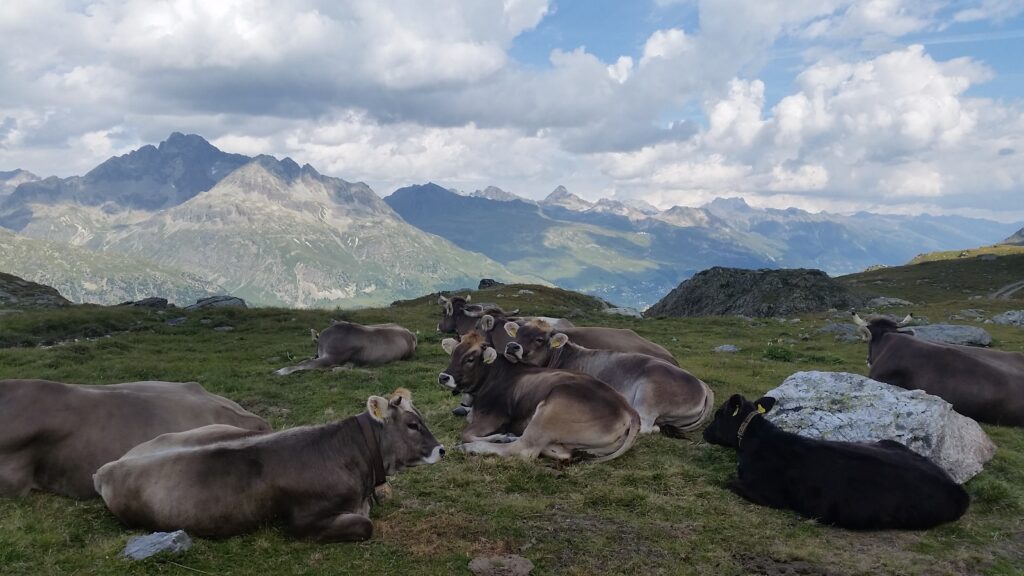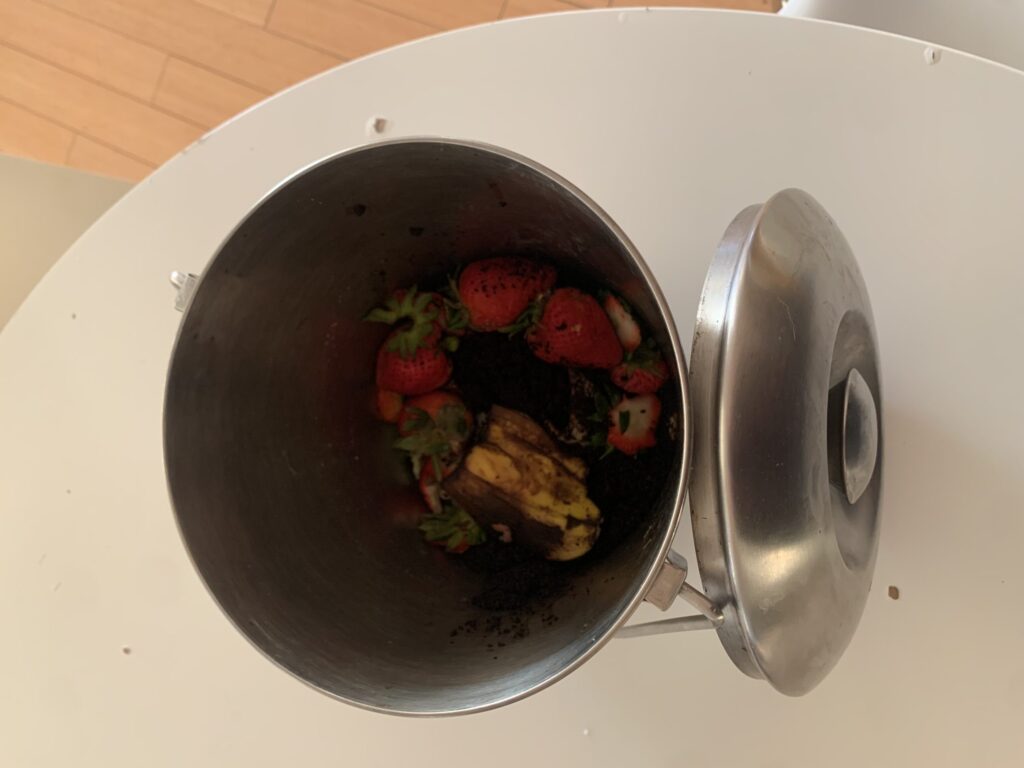As I’m sure you know, Earth Day was last Friday, April 22, so in honor of Earth Day, I wanted to make a quick post about the importance of food and climate change. We all know that the production of food takes a toll on the environment, but what exactly does that mean? Are some foods worse than others? If so, what’s the worst type of food? Do I have to go vegan to save the world? Well… let’s find out!
It’s meat (particularly red meat) and dairy production that create the most greenhouse gas emissions each year, accounting for about the same amount as the emissions from all the cars, trucks, airplanes, and ships combined. Meanwhile, plant-based foods have the smallest impact on the environment, soooo does that mean you should swear off meat and cheese? Well, not necessarily.
While limiting your meat and dairy intake is a great way to work to reduce your carbon “foodprint”, there’s definitely a middle ground. Cows are a key component in the agricultural cycle, not just for their meat, but because they are used to dispose of massive amounts of waste like corn husk or leave. Additionally, they produce manure that can be used as fertilizer and are also pretty cute (especially the Swiss cows pictured below lounging in the Alps). So while going vegan is great, keep in mind the importance of moderation.

Aside from changing your diet, there are other ways you can work to reduce your carbon “foodprint”, namely by reducing your food waste. Food waste is a HUGE contributor to climate change and is often overlooked. Americans throw out about 20% of the food they buy. Luckily, there are some small steps you can take to address it. First, you can try to compost organic materials. Even in NYC, there are lots of places to drop compost off. Here’s our compost pail, which we will empty at our local Farmer’s Market tomorrow.

Second, there are other ways to reduce food waste: when grocery shopping: plan your meals, make a shopping list and buy what you actually need (and then follow that meal plan!). I realized that our family was wasting fruit like cantaloupe and strawberries because no one wanted to cut them and they went bad before we could eat them. So one of my small changes is chopping that fruit up as soon as we buy it.

Certain items also don’t go bad as quickly as you might think: “Sell by” labels are usually manufacturer’s suggestions for peak quality. Almost all foods can still be safely consumed after that date, so don’t throw out your food just because it’s a few days past its peak quality.
We all have a “carbon foodprint” but with diet changes and limiting our food waste, our gradual changes can add up. A crucial part of battling climate change is recognizing that there’s only so much an individual can do when it comes to making mass changes policy changes are the most effective. Support politicians who are advocating for sensible climate change policies: whether it’s encouraging electric vehicles, restoring public lands and waters or encouraging more environmentally friendly farming practices.
Want to know how your diet contributes to climate change? Take this quiz to find out!